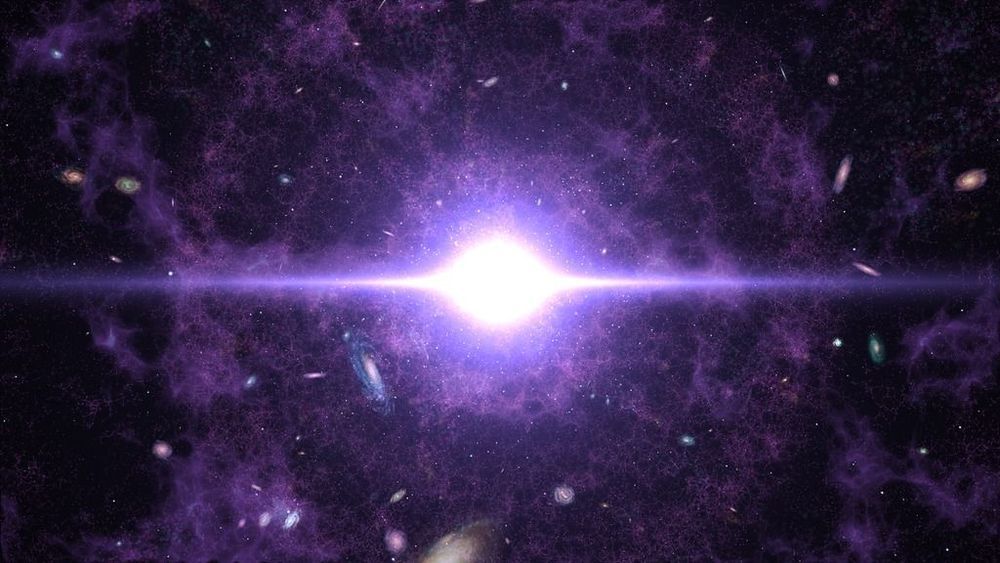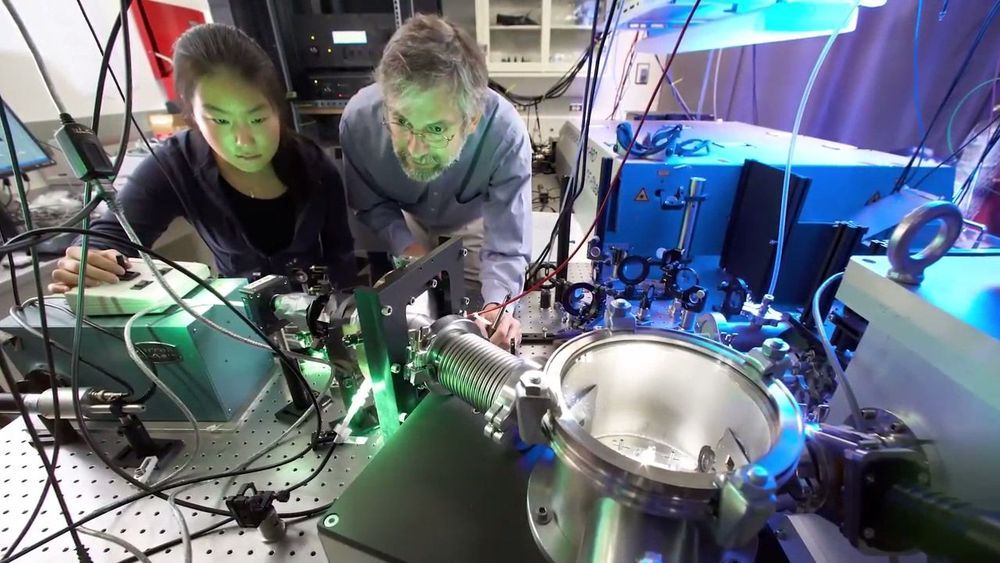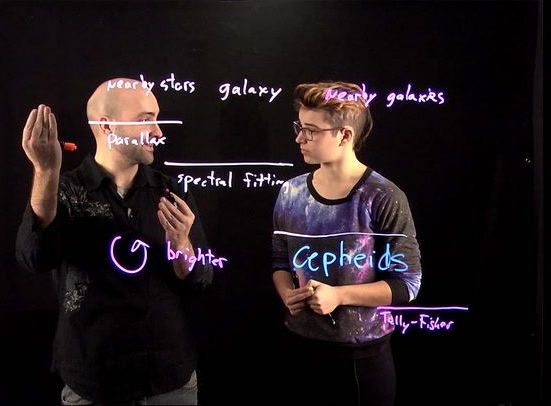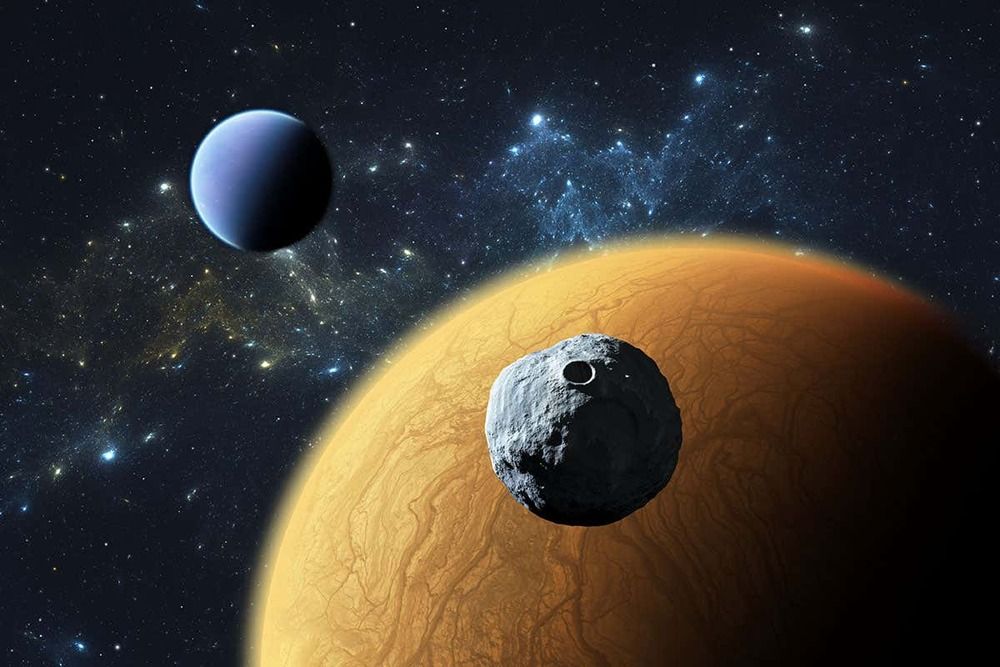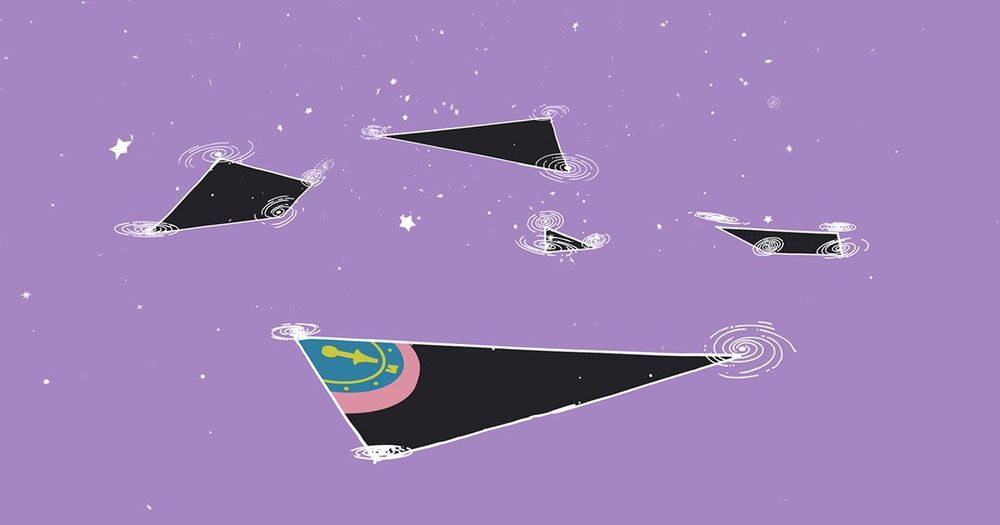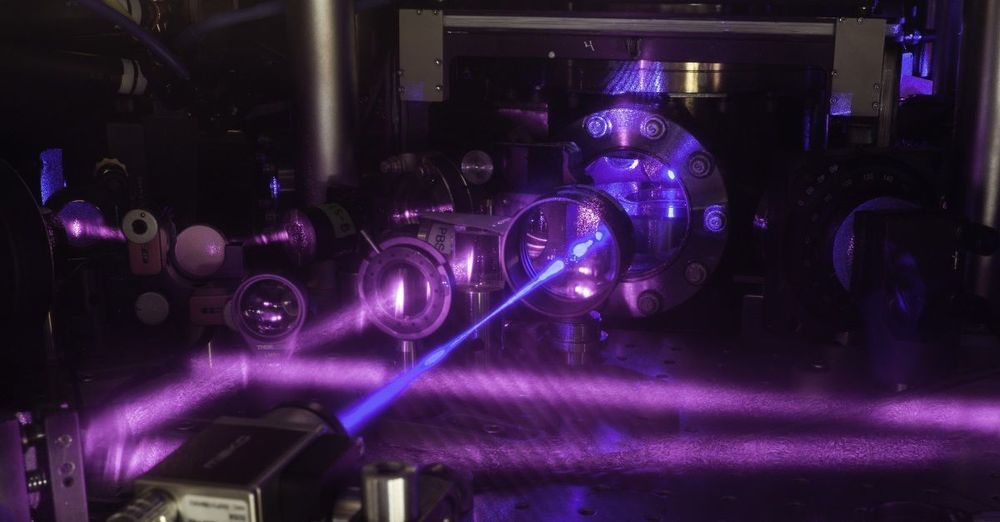
This year marks the 20th anniversary of the first time an optical-frequency comb was used to measure the atomic hydrogen 1S-2S optical transition frequency, which was achieved at the Max-Planck-Institut für Quantenoptik (MPQ) in Garching, Germany. Menlo Systems, which was founded soon afterwards as a spin-off from MPQ, has been commercializing and pioneering the technology ever since.
Today, optical frequency combs (OFCs) are routinely employed in applications as diverse as time and frequency metrology, spectroscopy, telecommunications, and fundamental physics. The German company’s fibre-based systems, and its proprietary “figure 9” laser mode-locking technology, have set the precedent for the most stable, reliable, robust, and compact optical frequency combs available on the market today.
An optical frequency comb exploits laser light that comprises up to 106 equidistant, phase-stable frequencies to measure other unknown frequencies with exquisite precision, and with absolute traceability when compared against a radiofrequency standard. The most common and versatile approach to create an OFC is to stabilize an ultrafast mode-locked laser, in which pulses of light bounce back and forth in an optical cavity. The frequency spectrum of the resulting pulse train is a series of very sharp peaks that are evenly spaced in frequency, like the teeth of a comb.
